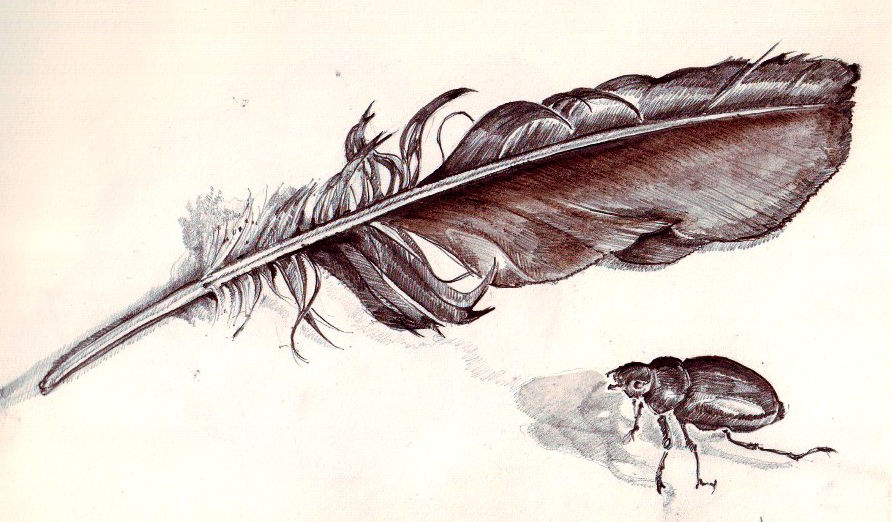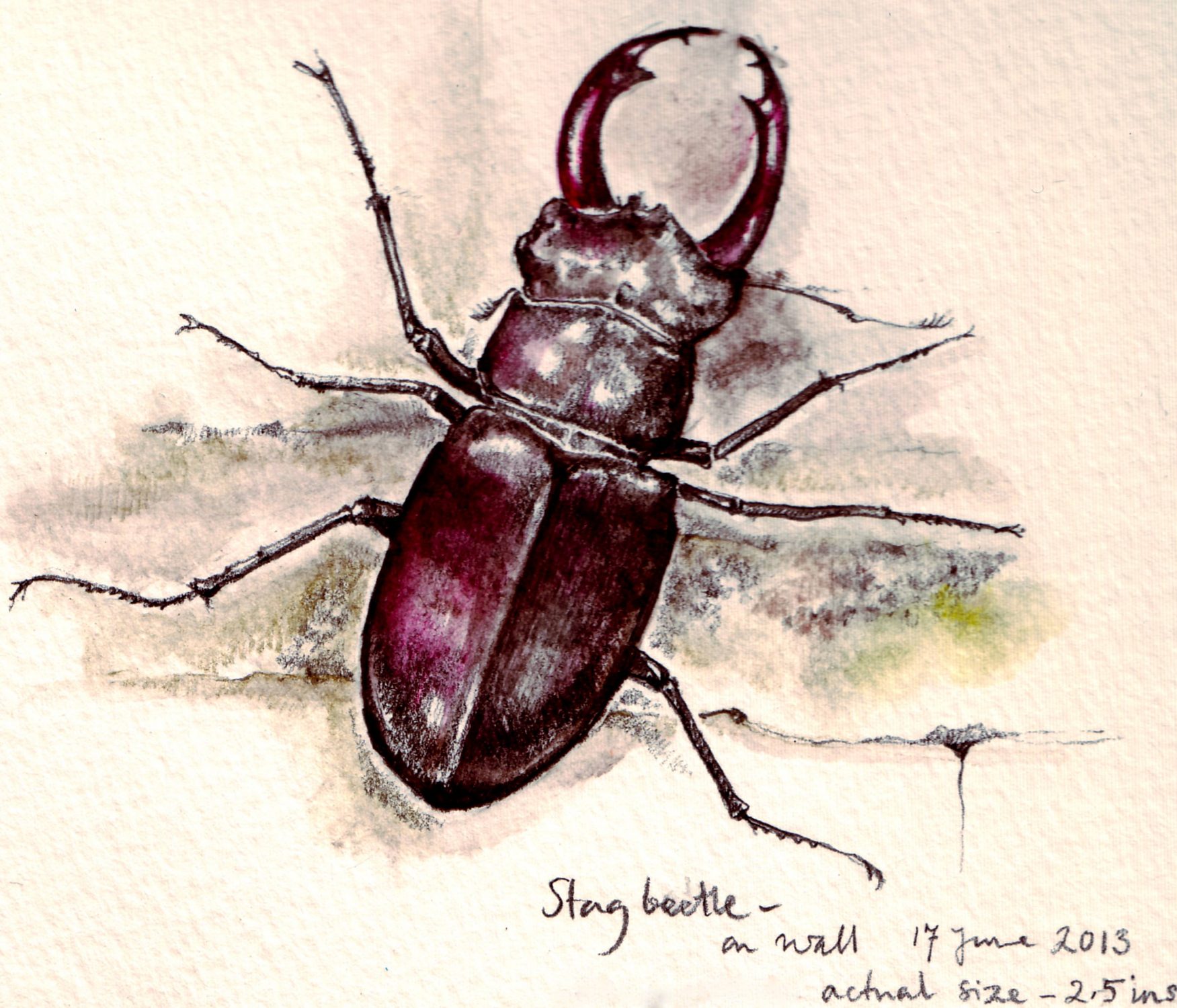LETS Swap!
Pokemon cards, Moshi monsters, jelly stickers, friendship bracelets – at some point over the last few years my kids have swapped all these things. And in return they get good stuff back.
Wouldn’t it be great if you could go into a shop and, even if you had no money, you could still swap something you had for something you want?
In communities all over the world, people are doing just that. Or something very like it.
Local Exchange Trading Schemes or LETS for short, enable people who live near each other to swap their skills and receive goods and services without having to pay a penny.
6 Sounds That Your Parents Will Recognise but You Won’t
I recently discovered an old phone in an antique shop and realised that today’s kids wouldn’t recognise the sound of the dial turning.
It got me thinking about the other sounds that have disappeared with the advent of new technology. Have a listen to these sounds and try to work out what they are.
SCIENCE NEWS – What is Dengue Fever and Could Genetically-Modified Mosquitoes Prevent It?
Dengue (pronounced den-gee) fever affects between 50-100 million people each year, with around 25,000 people dying from the disease. It’s most common in south America and parts of Africa, and is also known as breakbone fever because it causes such intense pain in the bones. Dengue fever is a virus that’s spread by mosquitoes, and there is no vaccine or effective drug treatment to prevent or cure it.
CURIOUS CREATURES 2 – The Stag Beetle
The strangest creatures are, to me,
The ones I love the best.
The creepy, crawly and the odd
Are cooler than the rest…
These magnificent beasties are the armoured vehicles of the insect population and the largest terrestrial-dwelling beetles in the UK. Their common name is a reference – unsurprisingly – to their antler-shaped “mandibles” or jaws, which they use to fight over territory, but not, perhaps surprisingly, to win the respect of female Stag Beetles..!
These Curious Creatures have intrigued me ever since I found an expired female stag beetle (see below ) in a south-west France many years ago. I drew it next to a blackbird’s feather, captivated by the different tones of black, the textural contrasts and inky depths of colour. I found it – and still find them all as a species – fascinating and beautiful, particularly the males, with their extraordinary maroon-red mandibles.





